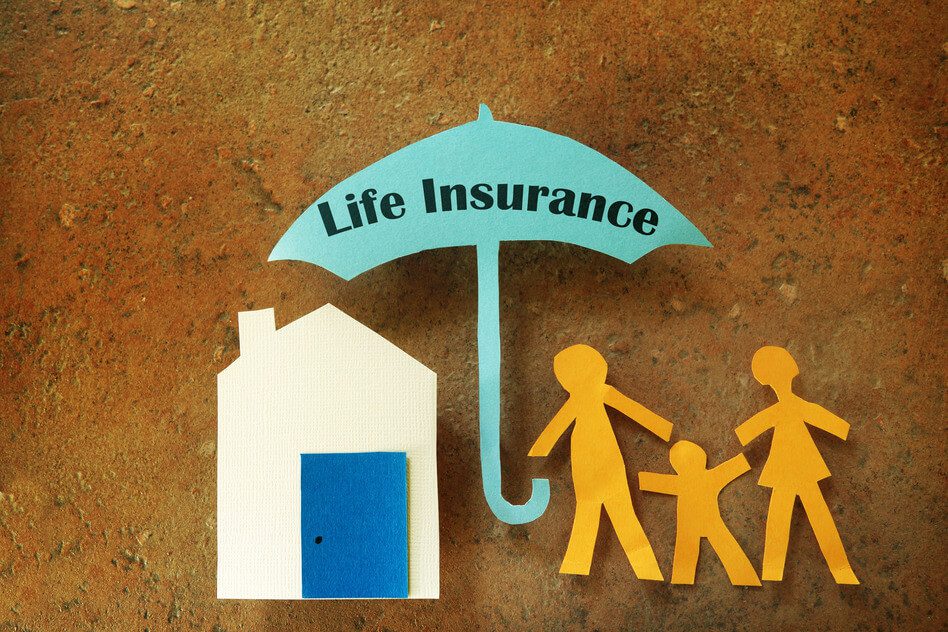
Maybe you have it, but you wonder if it’s enough. Maybe you know you need it, but you’re not sure where to start. For some, thinking about life insurance is depressing or feels morbid. Others find the whole conversation overwhelming and they aren’t sure who to turn to for solid advice.
If anyone depends on you financially, you probably need some life insurance. How much and what kind will be determined by your individual situation, but here are a few things to consider.
Insuring Your Ability to Provide
If something were to happen to you, what would happen to the people who rely on you financially? Think of life insurance as the ability to continue contributing after you’re gone. For example, if you’re no longer there to help save for a child’s college education, what happens to your child’s education? Life insurance can help make up for lost income.
If you’re a stay-at-home parent, don’t be fooled into thinking you don’t need life insurance because you don’t earn a paycheck. Everything you do for the family, from childcare to carpool, meal preparation and maintenance of the home, will still need to get done. Life insurance can help provide the means to cover those additional expenses for the surviving parent.
Married couples without children may still face financial struggles if one person passes away. There will still be housing expenses and utilities to pay. The remaining spouse may need a way to pay off the vacation home. There may be outstanding debts like credit cards or car loans. Leaving your partner a way to manage those expenses at an emotional time is a tremendous gift.
It’s Not Just for Families
Single people need life insurance, too. Someone who contributes time or money to the care of a parent or sibling could continue to fund that care with life insurance. The ability for family to pay off debts left by the deceased is another factor. Finally, a young person may want to purchase a life insurance policy while insurability is still much higher. Once age and possible sickness are factored in, policies become harder and more expensive to purchase.
Retirees aren’t exempt from the need either. Life insurance can be a wonderful estate planning tool allowing family to pay estate taxes, funeral costs, and other outstanding debts without waiting for the estate to settle. It can also protect assets from being liquidated to cover these costs.
Business Owners Have Unique Insurance Needs
Aside from personal and familial obligations, a business owner must consider the viability and longevity of the company. Life insurance policies taken on key persons within the company, whether a top-salesperson or an irreplaceable visionary, can help the business weather the storm of loss. In addition, life insurance can be used to fund buy/sell agreements, a contract that outlines how the sale of the business would be handled should a partner pass away.
Different Types for Different Needs
Likely you’ve heard of the two main types of insurance, term and permanent. Each serves a different purpose and it’s important to understand the differences in order to choose the most effective one for your financial planning needs.
Term insurance is designed to meet temporary needs. Protection is provided for a set amount of time and a death benefit is only paid if you die within that specific time frame. It is often an affordable option to provide coverage through a particular point in time, for example, when a mortgage is paid off. Term insurance is generally less expensive because it accumulates no cash value and has an endpoint that is earlier than permanent insurance.
One downside to term insurance is that if you reach the end of the term and you still have a need for insurance, you’ll need to consider buying a new policy at that time, though there may be an option to renew. However, your insurability may have changed and the cost will be significantly higher. For this reason, it’s best to use term insurance when you are fairly certain you’ll only need that coverage for the indicated time.
Permanent insurance, on the other hand, provides coverage for a lifetime. So long as premiums are paid and there aren’t loans or withdrawals against the cash value, the full amount will be paid out upon your death. This type of policy typically accrues a cash value on a tax-deferred basis.
There are various types of permanent insurance including whole life, variable life, universal life, and variable universal life. Each carries its own unique features and must be carefully considered when deciding which to purchase. The amount and method of cash accumulation and the structure of the premium payments vary widely between the options. This article from Life Happens gives an excellent breakdown of the different types of permanent policies.
Help Is Available
Choosing the proper life insurance coverage doesn’t have to be an overwhelming task. There are plenty of online calculators to help you determine your needs and see which type of policy is right for you. A licensed insurance agent can also help you look over your needs and find a policy that fits within your lifestyle.
If you’re interested in obtaining a term life insurance quote, contact us today.
All insurance policies are different. Be sure to review your insurance policy for specific information about coverages available to you. Nothing in this post is meant to suggest a guarantee of coverage.
